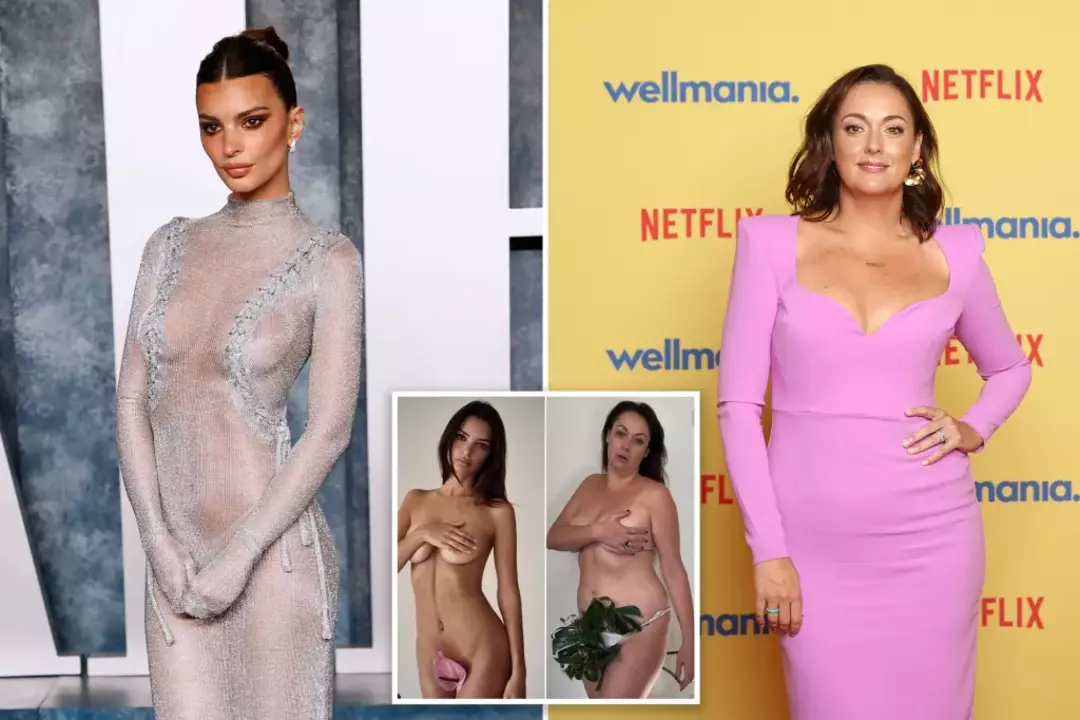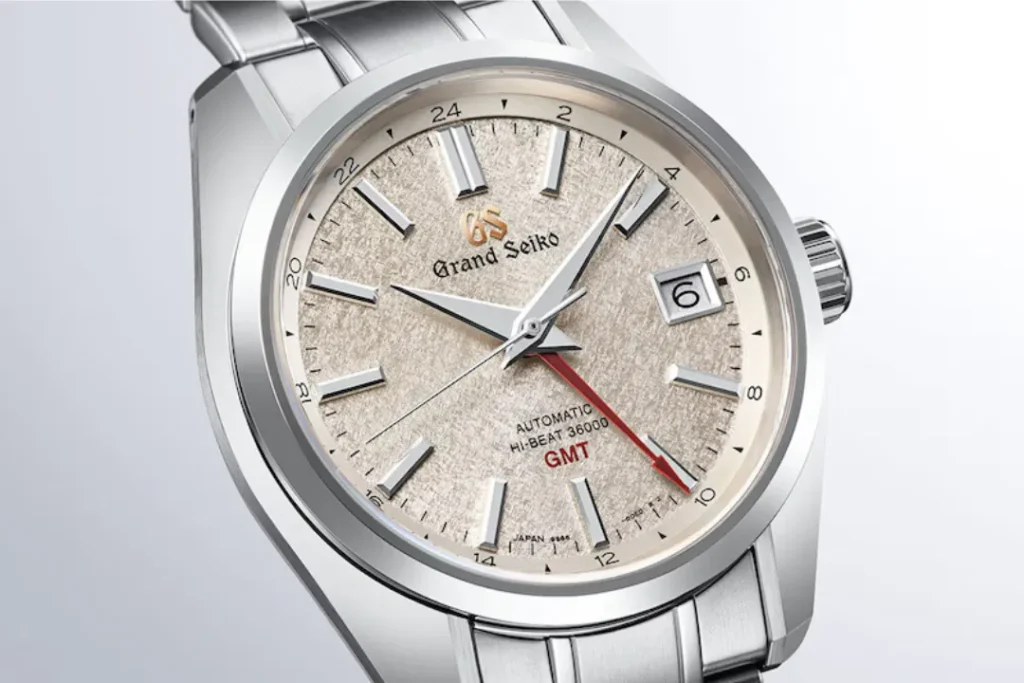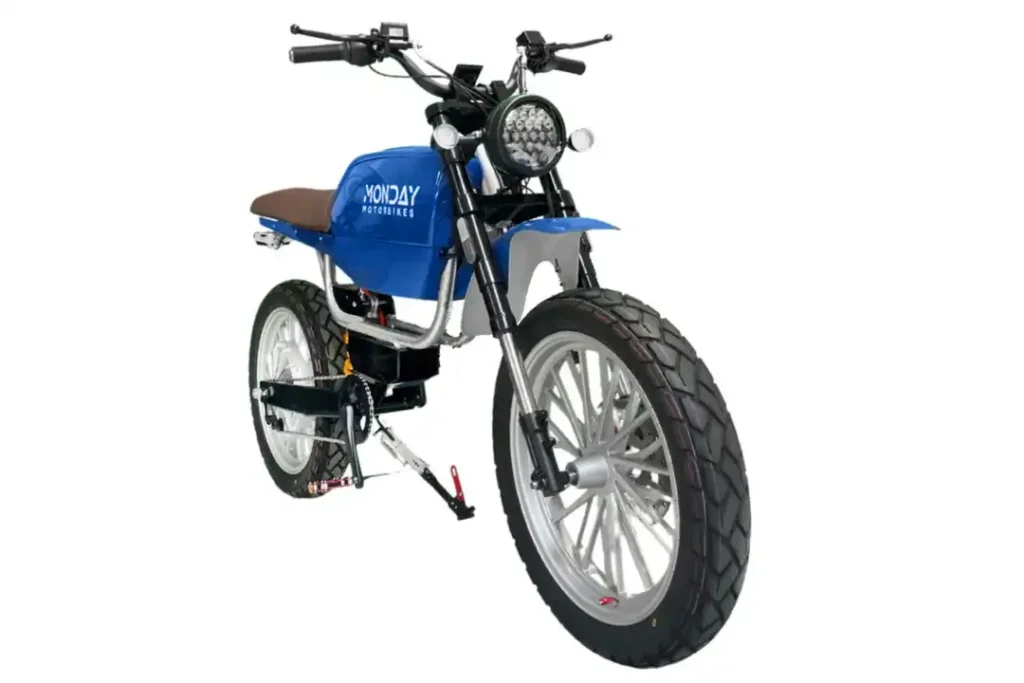In a recent episode of her “High Low” podcast, model and actress Emily Ratajkowski addressed her discomfort with comedian Celeste Barber’s humorous recreations of her Instagram posts. This public exchange has sparked a nuanced conversation about satire, sexism, and the complexities of female empowerment.
Emily Ratajkowski’s Concerns Over Celeste Barber’s Satire
Ratajkowski’s concerns stem from Barber’s satirical takes on her images, which she feels perpetuate a brand of humor that objectifies and ridicules women. The 31-year-old model and entrepreneur expressed her desire to focus on her career and personal projects, including writing about her experiences in an industry that often exploits women’s bodies without their consent.
Critique of Humor: Internalized Misogyny and Gender Stereotypes
Barber’s comedy style, while intended to be lighthearted and playful, has been criticized for perpetuating internalized misogyny and reinforcing harmful gender stereotypes. Ratajkowski’s critique of Barber’s humor as inherently sexist highlights the ways in which women, particularly influencers, are often subjected to ridicule and scrutiny.
The Complexities of Parody and Feminism on Social Media
The debate raises essential questions about the nature of parody, feminism, and the ways in which women navigate the complexities of social media. As Ratajkowski astutely observed, “Women want to be influencers – it’s one of the ways that women have learned to be successful and make money. They’re hustling.”
Reclaiming Agency: Ratajkowski’s Call for Change
In the end, Ratajkowski’s request for Barber to cease her parodies stems not from a personal vendetta but from a desire to reclaim her agency and challenge a brand of humor that often relies on the objectification and belittling of women. As we continue to navigate the intricacies of social media and feminist discourse, this exchange serves as a poignant reminder of the need for empathy, understanding, and a commitment to uplifting and supporting women’s voices.













